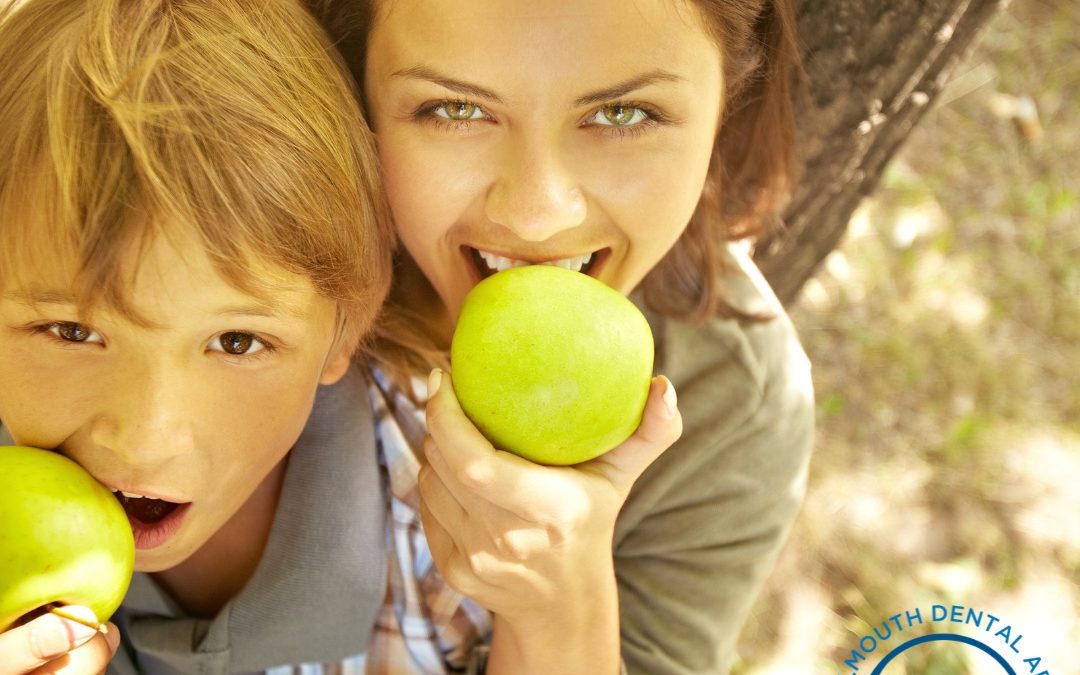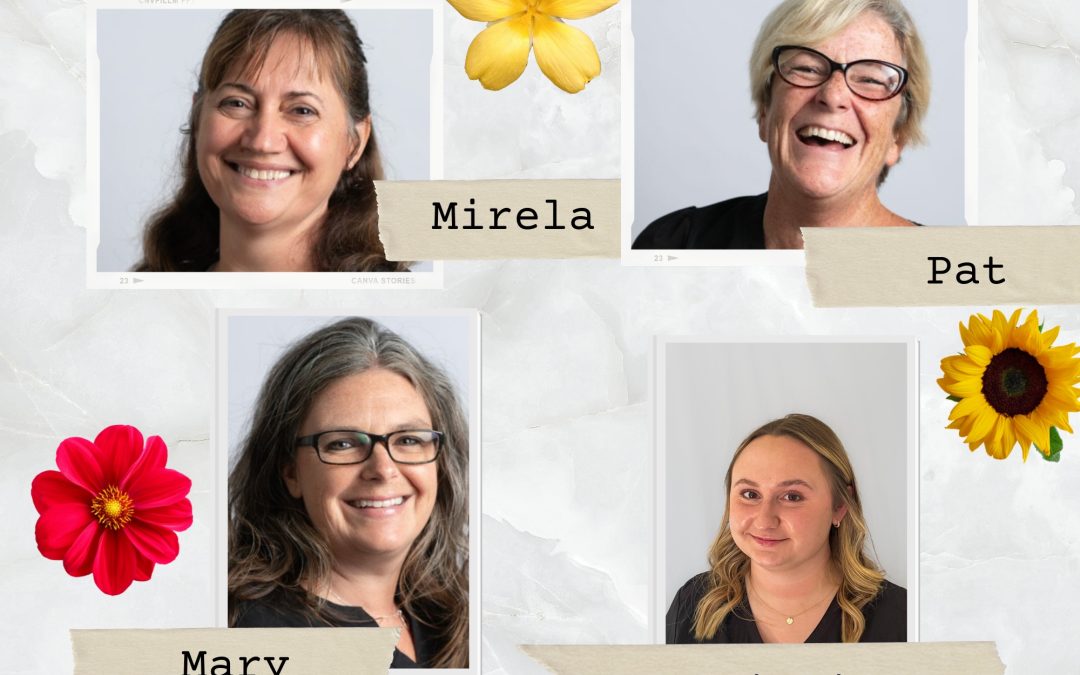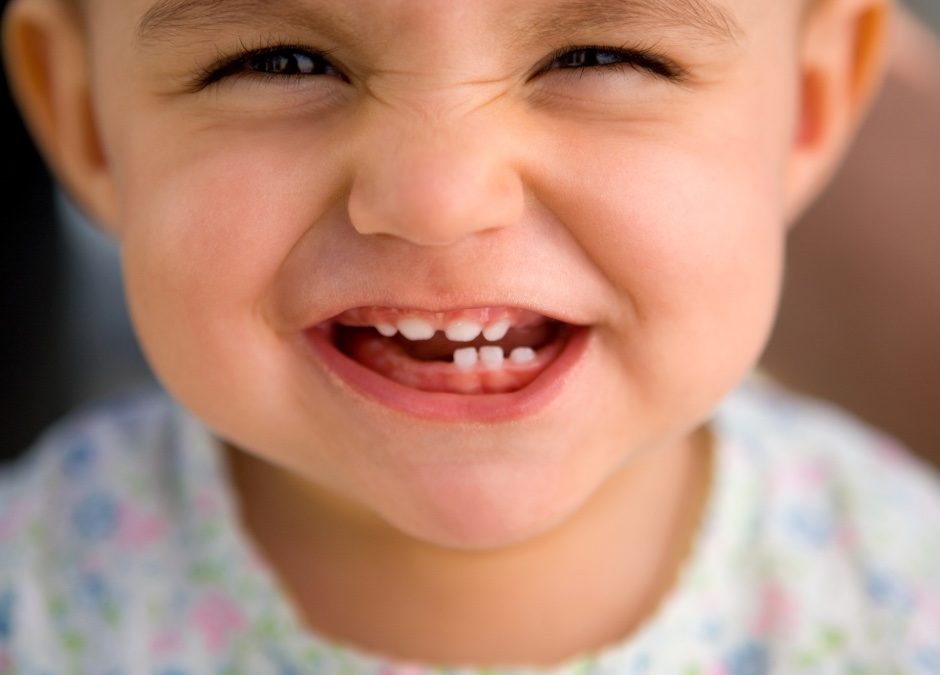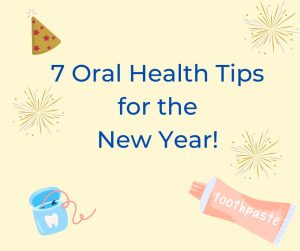
Dec 1, 2023
Winter is coming and along with it cold temperatures and dry air. You’ve probably noticed the seasonal shift impacts your skin, but did you know the cold weather can also cause some dental issues? Perhaps you’ve felt increased sensitivity in your teeth and tighter jaw muscles. FDA to the rescue! To help keep your mouth and your teeth happy and healthy all winter long, we wanted to share some cold weather dental tips.
Bundle Up!
This may seem obvious for anyone who has experienced a Maine winter, but staying warm can be good for your oral health. People who suffer from TMJ disorder (a tight jaw) or bruxism (teeth clenching) may notice their jaw is more tense in the cold weather. Get a cozy scarf or sweater and keep warm; it will help you to clench your teeth and tighten your jaw less.
Drink Water!
Less moisture in the air can lead to your mouth producing less saliva. Saliva is crucial to your oral health; it helps rinse away food debris and bacteria that could lead to tooth decay. Staying hydrated and drinking water will help! It is good for your overall health as well as beneficial for your oral health. Drink up!
Use Toothpaste for Sensitive Teeth!
People with sensitive teeth sometimes experience sharp pain in their teeth when they enjoy hot or cold beverages. Sensitivity can also be triggered by cold temperatures in the air. This often stems from broken down tooth enamel which exposes the tissue underneath, known as dentin. This winter, try brushing your teeth with a toothpaste formulated for sensitive teeth. We have a couple of products we recommend, such as MI Paste and Fluoridex. Ask for more information at your next appointment!
Come in for Regular Appointments with FDA!
No matter what time of year it is, good oral health care always includes regular visits with the caring and compassionate team at FDA. If you need to schedule a cleaning or have questions about your oral health this winter, please give us a call at 207.781.5900. We’re here to help!

Nov 3, 2023
November is here and Thanksgiving is around the corner. It’s a good time to pause and reflect on what you are grateful for right now. At FDA, we have so many reasons to be thankful! To celebrate the season, we wanted to share with you what is number one on our gratitude list…
Our Patients!
We are so grateful for you – our family of patients. Thank you for trusting us with your oral health care! We have dedicated our lives to helping our patients have the healthy smiles of their dreams and are honored to be a part of your health care team.
Our team of compassionate dental professionals is committed to providing patient comfort while also providing the highest quality dental care. We want you to feel confident in your understanding of dental health so that you can always make the best decisions for your well being. If you have questions, we are always happy to go deeper with you into your treatment options and home care. We love educating our patients about oral hygiene best practices as well as the importance of a healthy diet. Our goal is to develop a partnership with you. We wouldn’t be here without you, so thank you for helping us do the work we love.
What are you grateful for this season? We’d love to hear from you – let us know at your next appointment or comment on our Facebook page. If you have any questions about your oral health or need to come in for a cleaning to show your teeth some gratitude, please give us a call at 207.781.5900.

Jun 1, 2023
June is Oral Health Month which makes it a great time to review the best practices for optimal oral health. At FDA, we work closely with our patients to design a home health care regime because one of the most powerful ways you can support your oral health is to establish a strong preventative care routine. Preventative care includes any actions patients take to prevent disease and maintain a healthy smile. Here are our top preventative care tips that will help you keep your teeth sparkly and healthy!
A good oral care routine is important, especially when it comes to preventative care. Your healthy habits can prevent cavities and gum disease and will keep you smiling. We recommend:
- Brush twice a day. Use a soft-bristled brush and be gentle with your teeth and gums. Super-charge your brushing with an electric toothbrush!
- Floss once a day. We know it’s hard to stay consistent with flossing, but it is so crucial for your oral health. If you find flossing difficult, try a water flosser or use a product like ‘Go-Betweens’ or ‘Plackers.’ Find an option that works for you and stick with it!
- Eat a healthy diet. Get your vitamins and minerals from healthy foods like yogurt, dark leafy greens, almonds, and apples. They are good for your body and for your teeth!
- Schedule regular visits with one of our Hygiene team. Regular hygienist appointments allow us to fully support your oral health and catch oral health issues before they develop into larger problems. From our oral exams to 3D x-rays, and from our cleanings to cancer screenings, we provide care that will keep your mouth healthy and help prevent tooth decay and gum disease. We are your partner in oral health!
If you have questions about your preventative oral health routine or need to schedule an appointment, give us a call at 207.781.5900.

Mar 3, 2023
March 5 – 11 is Dental Assistant Recognition Week, and it’s the perfect time to acknowledge and celebrate the versatile, multi-talented, compassionate, and amazing Dental Assistants we have at FDA! Our team – Caitlin, Mary, Mirela, and Pat – excel at creating a caring and supportive environment for our patients! We are so grateful for the hard work and dedication to continually learning the latest dental skills and techniques. They help make FDA the best dental practice in Maine! Here are some quotes from the team on why they love what they do!
Caitlin received her dental assistant training while serving in the United States Air Force. “I enjoy learning about dental procedures and helping patients. Even after four years, I still learn something new every day!”
Mary has worked in the dental field since 1995, many of those years at FDA. For Mary, the dental care here is excellent in part because of the encouragement and support that staff members receive to take continuing education classes. “We’re constantly improving our knowledge,” she explains. “These courses help us to communicate well together, which is very important.”
Mirela has worked in the dental field since 2003 and spent years in pediatric dentistry. “Everyone at FDA really cares – about patients and each other – and that’s what makes it work. When your co-workers create a comfortable environment for you then you can make it more comfortable for your patients in turn. It makes for a very warm and caring atmosphere.”
Pat has been a Certified Dental Assistant for over 17 years and loves helping patients feel relaxed and at ease during their dental appointments. “There are people who dread coming and some are very fearful. I understand the anxiety of these patients. I hope my presence, compassion, and experience as a Dental Assistant helps everyone have a better experience when coming here.”
Thank you, Caitlin, Mary, Mirela, & Pat!
If you need to schedule your next appointment, please call at 207.781.5900. Our wonderful dental assistants, along with Dr. Brunacini, Dr. Karagiorgos, and the rest of the team, are here to provide you with the best oral care possible!

Feb 1, 2023
At FDA, we believe that healthy habits start early! In honor of Children’s Dental Month, we’re talking about your child’s baby teeth: what to expect, and how to care for them. Here are some frequently asked questions:
1) How Important are Baby Teeth?
Although they are eventually replaced by adult teeth, baby teeth are still very important! Not just cute, they actually help with chewing solid food, learning to talk, and they serve as placeholders for when the big teeth grow in.
2) When Will My Baby Develop Baby Teeth?
Children develop at different rates, but typically a baby will sprout his or her first tooth between 6 to 12 months of age. Usually, the two bottom front teeth pop up first, with the top two teeth following right behind. New baby teeth continue to make their appearance until about age three. Around age six, you can expect your child to get their first loose tooth!
Your baby or toddler may have lots of space between their teeth and that’s ok! This is normal and allows more space for adult teeth when it is their time to move in. For more information on new teeth timing, check out the American Dental Association’s Eruption Chart.
3) When Should My Child Start Brushing and Flossing?
Even though all baby teeth will eventually fall out, tooth decay and cavities are still possible, even at a young age. To clean your baby’s first tooth, use a wet washcloth to gently wipe the tooth and the front of the tongue. Do this after feeding your baby and again before bed.
When your baby has more than one tooth, you can start brushing them with a soft-bristled, baby toothbrush or you can use your finger. Use an ADA-approved toothpaste specifically formulated for babies or just plain water works too! Flossing isn’t necessary until two or more teeth are touching together, usually between the ages of two and three.
4) When Should My Child First Visit the Dentist?
Every child is different and we want to help them build a positive relationship with oral health and dental care. We recommend scheduling your child’s first dentist appointment between their first and their third birthday. Give us a call to determine if your child is ready for their first appointment. At this appointment, Dr. Brunacini or Dr. Karagiorgos will help them to feel comfortable with the dental chair and all of the tools we use. We will examine your child’s teeth for cavities and will also give you and your child a lesson on proper brushing technique.
If you have any questions or concerns about your child’s little pearly whites, feel free to get in touch – we’re here to help! Our team of fun and friendly dental professionals looks forward to caring for your child and helping them develop life-long healthy habits! Give us a call at 207.781.5900!
Jan 2, 2023

Happy New Year from the Falmouth Dental Arts team! The new year is always a great time to recommit to making positive changes to your health routine, and oral health is no different! Small changes, repeated often, become habits. At FDA, we believe that practicing healthy habits at home can make a big impact on your oral health. Here are seven tips to improve your oral health in 2023. They are tried and true and are sure to help you!
1) Brush for Two Minutes, Two Times a Day
Gently brush your teeth for two minutes, twice a day, using a soft-bristled, ADA-approved toothbrush. Check out our tips for proper brushing technique. We are always happy to make suggestions about the best type of toothbrush and fluoride toothpaste, so please don’t hesitate to just ask us!
2) Floss Your Teeth Once a Day
In addition to brushing twice daily with a fluoride toothpaste, it is important to floss your teeth at least once a day to remove plaque and food particles between your teeth. Use traditional string floss or flossers to gently get between each tooth.
3) Use a Mouth Rinse With Fluoride
Using products with fluoride helps to strengthen tooth enamel and reduce bacteria, which helps with overall oral health and teeth sensitivity. We offer several professional-strength, alcohol-free mouth rinses made with essential oils.
4) Make Healthy Food Choices
There are many dietary changes you can make which will have a positive impact on your oral health and will help keep your smile shining bright! For example, you can:
- Reduce the sugar in your diet.
- Cut back on acidic foods and beverages, like citrus fruits and soft drinks.
- Rinse with water after meals, sugary snacks, and drinks.
- Increase your intake of calcium-rich foods like cheese and yogurt.
5) Kick Tobacco to the Curb
Giving up smoking and other forms of tobacco use is one of the best things you can do for your oral health and overall health. Tobacco use is linked to tooth decay, gum disease, and oral cancer. There is help available to quit this highly addictive habit, and we’ll be here to cheer you on. Let us know if you need support!
6) Treat Yourself to an Electric Toothbrush
Your oral health is worth it! An electric toothbrush can upgrade your oral health routine by brushing more efficiently and by making it easier to brush for a full two minutes. This can be especially helpful for those with arthritis or other conditions that make brushing by hand more difficult.
7) Routine Dental Visits
Start the new year off right by scheduling your recommended cleanings or other dental care appointments. Dr. Brunacini and Dr. Karagiorgos recommend coming in for a check up at least twice a year for optimal oral health. Preventative dental care is one of the best things you can do for yourself in the new year. Give us a call at 207.781.5900 if you would like to schedule an appointment – we’re here to help!






